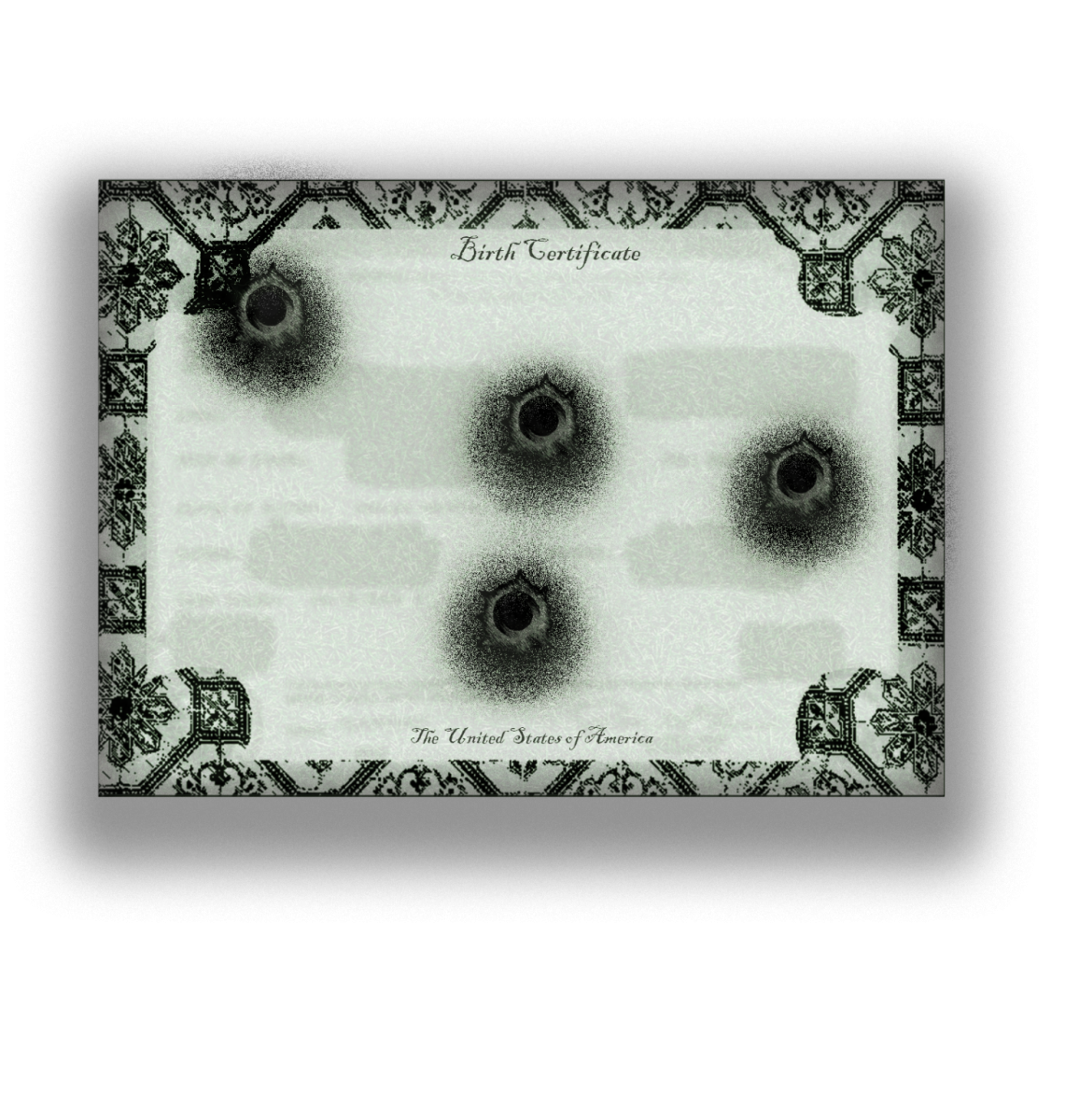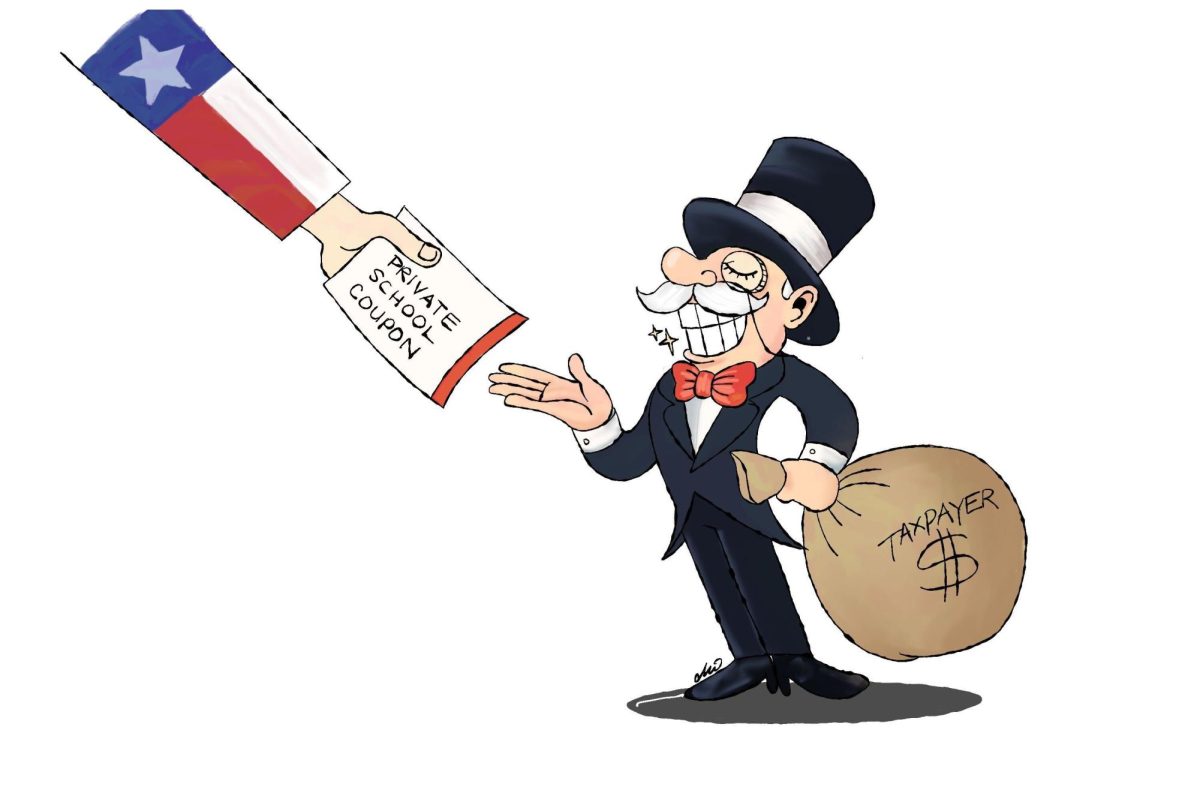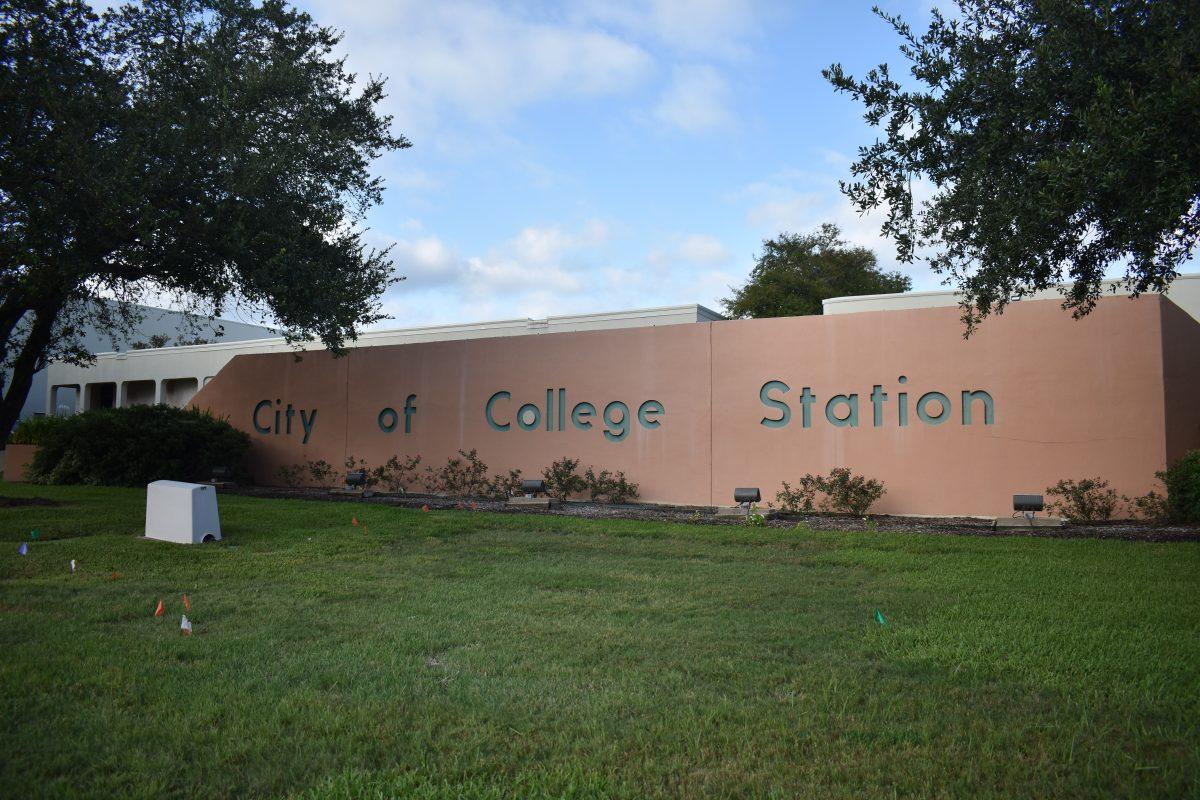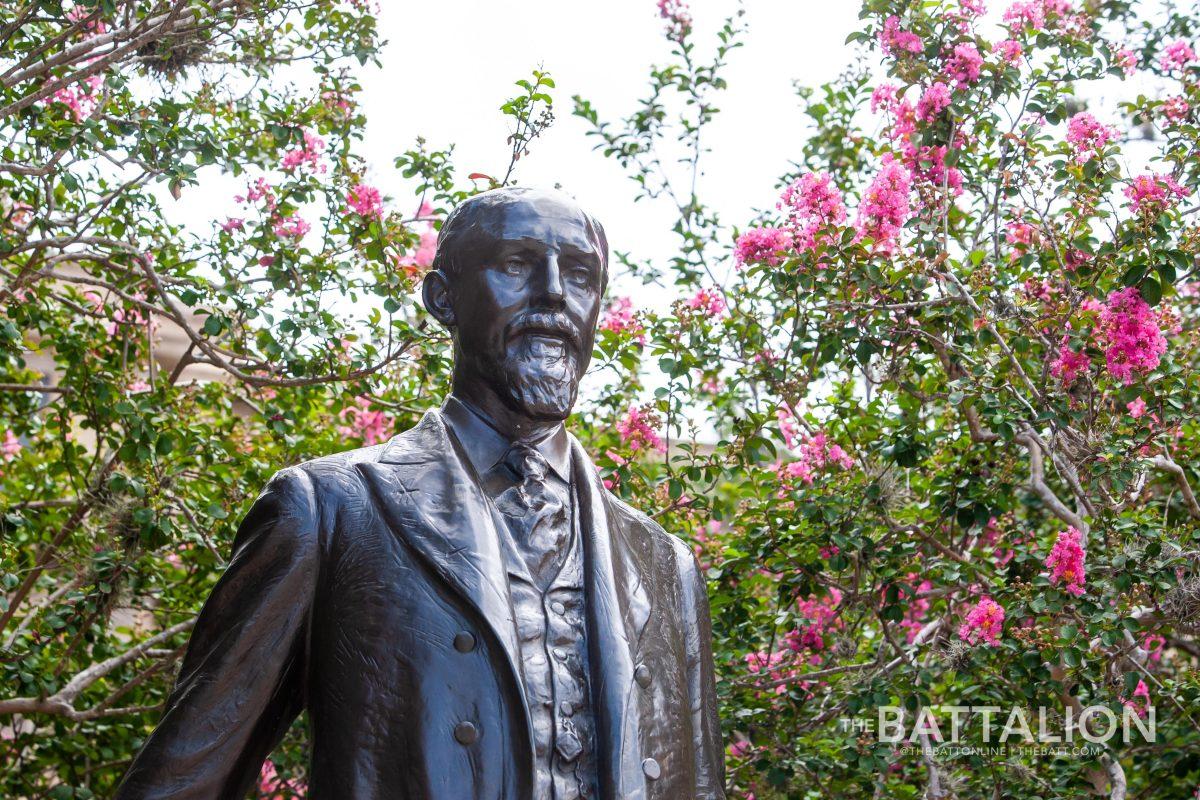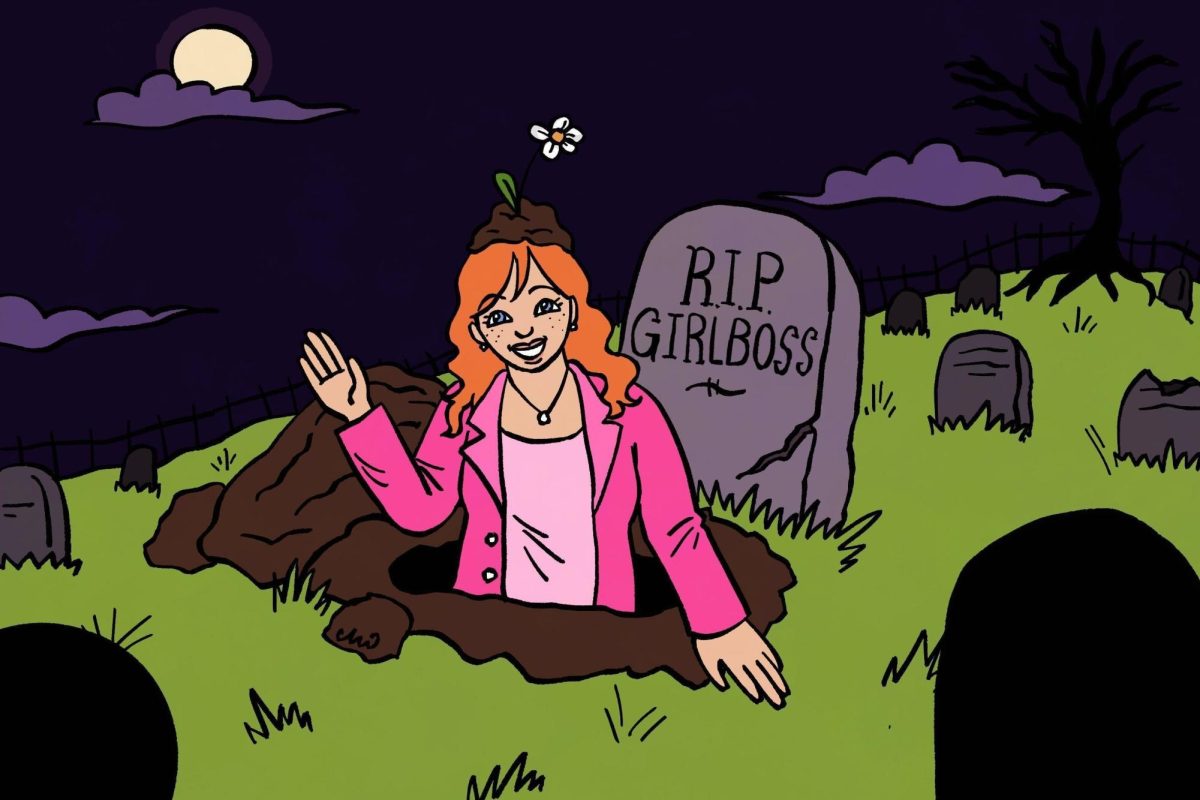Mere months after Texas A&M President M. Katherine Banks promised to “elevate the profession” of journalism and make the university the “number-one choice for students wanting a journalism degree,” a respected journalist and alumnus with decades of relevant experience had a job offer pulled out from under her.
For what feels like the umpteenth time in recent memory, A&M has once again reaffirmed its steadfast commitment to prevent the development of educated journalists.
The political motivations of Texas A&M’s bait-and-switch offer are not as subtle as the administration seemingly believed. Placating easily offended right-wing stakeholders came at the expense of one of the university’s most esteemed journalism alumni and her plan to revive Aggie journalism for the modern age. The problem? The candidate pushed from the role, Kathleen McElroy, is a Black woman who dares to incorporate topics of systemic discrimination in her reporting and teaching.
The school brought out the pomp and circumstance to rival the hiring of a new fizzling head coach for McElroy’s contract signing. All this for a new journalism director, and only to retract one offer for another, and then for another.
“I couldn’t pass up this opportunity to be a part of something transformational for Texas A&M, for the state of Texas and for journalism,” McElroy told Texas A&M Today. The university’s current leadership, always looking to the past, could never allow something transformational. Instead, the Board of Regents and President Banks sympathized with select alumni shedding tears over “the divisive ideology of identity politics,” some of whom have since attempted to take credit for their influence on the decision.
After several recent public relations nightmares — the pulled sponsorship of Draggieland, attempting to stop printing of The Battalion, attempts to kill Fish Camp and libraries — many alumni have been outraged. Rarely, though, have so many claimed embarrassment, regret and shame in their alma mater, until now.
Regardless of the politics involved, this move shows Aggieland’s current true colors and rejection of the core values. The move is deceitful, disrespectful and discriminatory. There is no honor in A&M’s cowardice, and there is no honor in the responsible decision-makers’ fear of speaking publicly for themselves. Despite the many calls for explanation, Katherine Banks and the Board of Regents refuse to comment on proven ties to The Rudder Association or the influence of elected officials sympathetic to the group, such as dues-paying State Senator Paul Bettencourt.
During the months-long hiring process for a director of journalism, McElroy’s visit brought a renewed sense of excitement to campus for students, faculty and alumni alike. Faculty had a heavyweight champion in their corner, who negotiated conditions to her contract for funding for the department and several tenure-track lines to draw in more teaching talent. Students were met by McElroy with empathy for existing problems and excitement for the possibilities of the future, classes allowing for collaboration across departments, such as sport management and global languages, and professional development opportunities for all Aggie journalists.
In addition to her 20-year tenure with The New York Times, McElroy’s resume rivals that of any modern journalistic titan. In the collegiate world, she was the first Aggie inducted into the Texas Intercollegiate Press Association Hall of Fame, a founding board member of Friends of The Battalion and a professor at Oklahoma State and Texas, pursuing a wide range of research topics, including sports, obituaries and collective memory. Her breadth in the newsroom, as a local reporter at the Bryan-College Station Eagle, to being a dining, sports and eventually managing editor at one of the nation’s oldest and most-read publications, proves the enrichment she would have brought to students of any journalistic discipline.
And above all else? She is an Aggie — she is one of our own. And yet leadership had no problem taking one piece of her decades-long legacy, a research interest in racial discourse, and inflating it to justify pulling an offer.
The worst twist of the knife comes knowing A&M initially defended McElroy in a release to the far-right activist publication Texas Scorecard, which published statements she made on recognizing systemic discrimination to inflame resistance to her hiring. Mind you, Texas Scorecard’s publisher, Michael Quinn Sullivan, was fined by the Texas Ethics Commission for failing to register as a lobbyist. When he called himself a journalist, and exempt from the fine, the commission found his claims “baseless.” This is the “journalism” A&M leadership now caters to.
Instead of being welcomed home to Aggieland, a mistreated journalist has to come forward about what went wrong. If this had happened to any other hire within the system, they might not have had the support or savvy to publicize the wrongdoing. There lies A&M’s hall pass to continue its abuse of those who they decide don’t “put the Aggie back in Aggieland.”
The message this sends to any prospective hires for the position is hideous. A&M may offer you a nice job to get you to leave your post, but the administration may just as well spit on it at the last second. Within the span of a month, a life-breathing job at one of the largest universities in the country was filled and then again left vacant, potentially indefinitely.
The “target” on McElroy’s back, as described by the recently resigned Interim Dean of the College of Arts and Sciences José Luis Bermúdez, is no isolated incident. A&M System leadership have allowed an insidious political culture to take root, in which “even if he hired me, these people could make him fire me … that the president and the chancellor, no one can stop that from happening,” McElroy told The Texas Tribune. It is the same culture that keeps faculty in the dark during administrative consolidation, that pushes out tenured librarians and rends independence from student organizations that appear too “liberal,” “diverse” or “gay.” Bermúdez resigned “in light of the controversy” of recent events — one wonders if it is in protest or shame.
With each further stunt, the thought of slipping on our Aggie Rings or an A&M ball cap becomes a little less attractive.
Ryan Faulkner, Michaela Rush, Casey Stavenhagen and Nathan Varnell, Class of 2023, are former editors of The Battalion.






